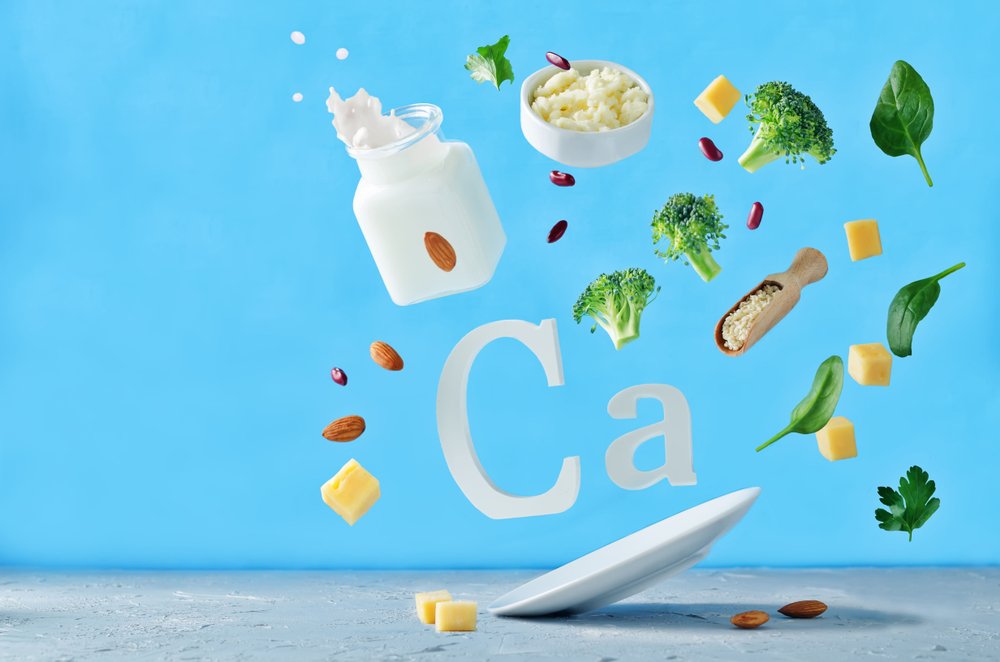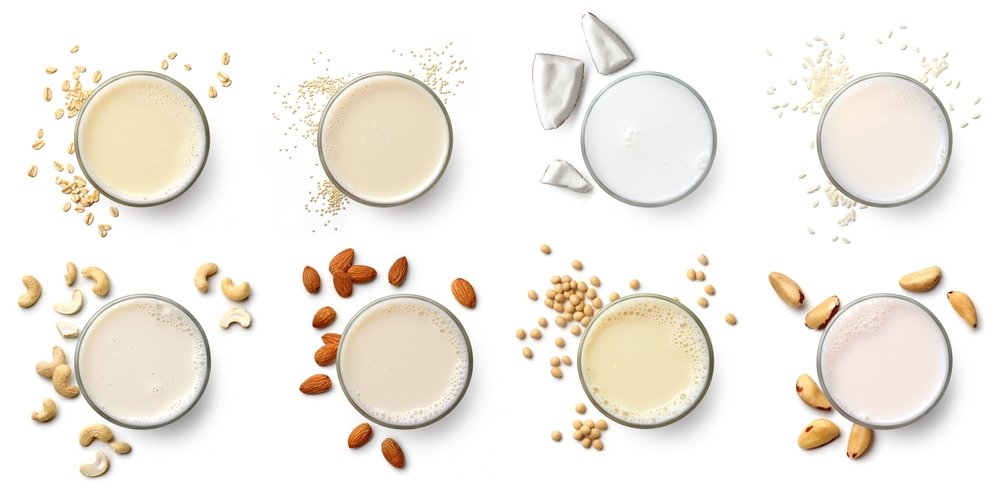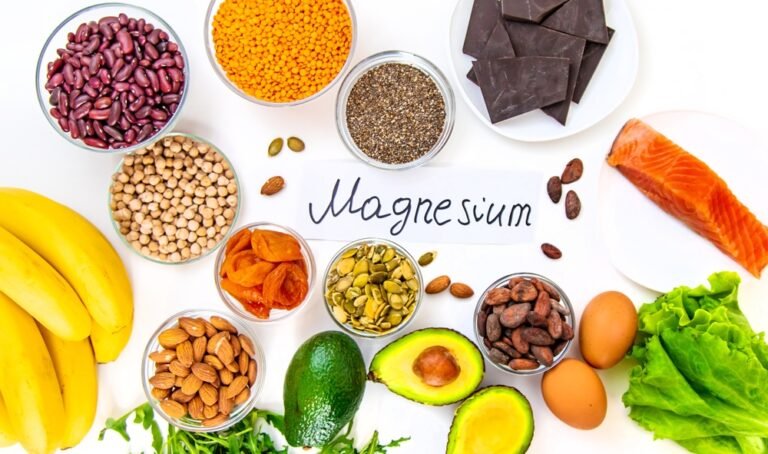Follow us and share.
Calcium: The Key Mineral for Your Bones, Muscles, and More

When we think about bone health, it is almost automatic to think about the calciumBut this mineral isn't just essential for bones: it's also vital for muscle function, heart health, nerve health, and even blood clotting.
The body doesn't produce calcium on its own, so it's essential to get it through food or supplements. Here's how to do it. What calcium is for, how to get it naturally, and when an extra boost may be needed.
📌 What is calcium and why do you need it?

He calcium is the most abundant mineral in the human body99% % is found in bones and teeth, while the remaining 1% % circulates in the blood, where it performs vital functions:
- Strengthens bones and teeth.
- It allows muscle contraction, including the heart.
- Regulates the transmission of nerve impulses.
- Participates in blood coagulation.
- It helps release hormones and enzymes necessary for various metabolic functions.
Without adequate levels of calcium, the body draws it from the bones, weakening them over time.
📌 What are the key benefits of calcium?
Ensuring adequate calcium intake can provide multiple health benefits:
- Prevention of osteoporosis and fractures in adulthood and old age.
- Healthy bone growth and development in children and adolescents.
- Reduction of blood pressure in some people who are sensitive to salt.
- Better neuromuscular functioning, helping to prevent cramps and weakness.
- Weight control support, in combination with vitamin D and a balanced diet.
📌 How much calcium do you need per day?
Daily needs vary depending on the stage of life:
- 👶 Children (1 to 8 years): 700–1000 mg/day.
- 🧒 Adolescents (9 to 18 years): 1300 mg/day.
- 👩 Adults (19 to 50 years): 1000 mg/day.
- 👵 Over 50 years: 1200–1300 mg/day.
- 🤰 Pregnancy and lactation: 1000–1300 mg/day.
People at higher risk for deficiency (such as postmenopausal women, older adults, or those who do not consume dairy products) should pay special attention to their intake.
📌 Natural sources of calcium

Calcium can be obtained through foods rich in this mineral:
- Dairy: milk, yogurt, cheese.
- Green leafy vegetables: kale, broccoli, chard.
- Nuts and seeds: almonds, sesame, chia seeds.
- Fish with soft bones: sardines, canned salmon.
- Legumes: chickpeas, lentils.
- Fortified foods: juices, cereals and enriched vegetable milks.
Still, many people fail to meet their daily needs through diet alone.
📌 When is it a good idea to take a calcium supplement?
Calcium supplementation is useful in the following cases:
- If you have one insufficient calcium intake in your diet.
- If you present osteopenia or osteoporosis.
- If you are postmenopausal and do not consume enough dairy.
- If you are vegan or lactose intolerant.
- In stages of growth, pregnancy or lactation.
👉 If you're looking for a reliable, well-formulated, and easy-to-take supplement, we recommend this product available on Amazon:
See recommended calcium supplement here
This supplement combines calcium with vitamin D3, which improves its absorption and effectiveness, helping to keep your bones strong and your body balanced.
📌 What happens if you take too much calcium?
Although calcium is essential, too much can lead to side effects, especially if taken as a supplement without medical supervision:
- Constipation.
- Kidney stones.
- Interference with the absorption of other minerals such as iron and zinc.
- Hypercalcemia (high blood calcium).
Therefore, it is important not to exceed the maximum safe daily dose of 2500 mg for adults, unless specifically indicated by a doctor.
💡 Your bones support you: take care of them with calcium every day
He calcium It's not just for children or something you take in old age. It's an essential mineral throughout all stages of life. Eating a diet rich in calcium, accompanied by sun exposure, physical exercise, and, when necessary, adequate supplementation, is one of the best investments you can make for your future health.
Don't wait for a fracture to act: consider incorporating calcium-rich foods into your day or support yourself with supplements like this one high-quality calcium with vitamin D if you need it. Your bones, muscles, and heart will thank you.
This article contains affiliate links. If you purchase through them, we receive a commission at no additional cost to you. This helps us keep this educational project running.




[…] good habits, but also the proper balance of essential minerals. For example, understanding how magnesium and calcium work together in the body is key to maintaining good bone and muscle health, especially during growth or […]